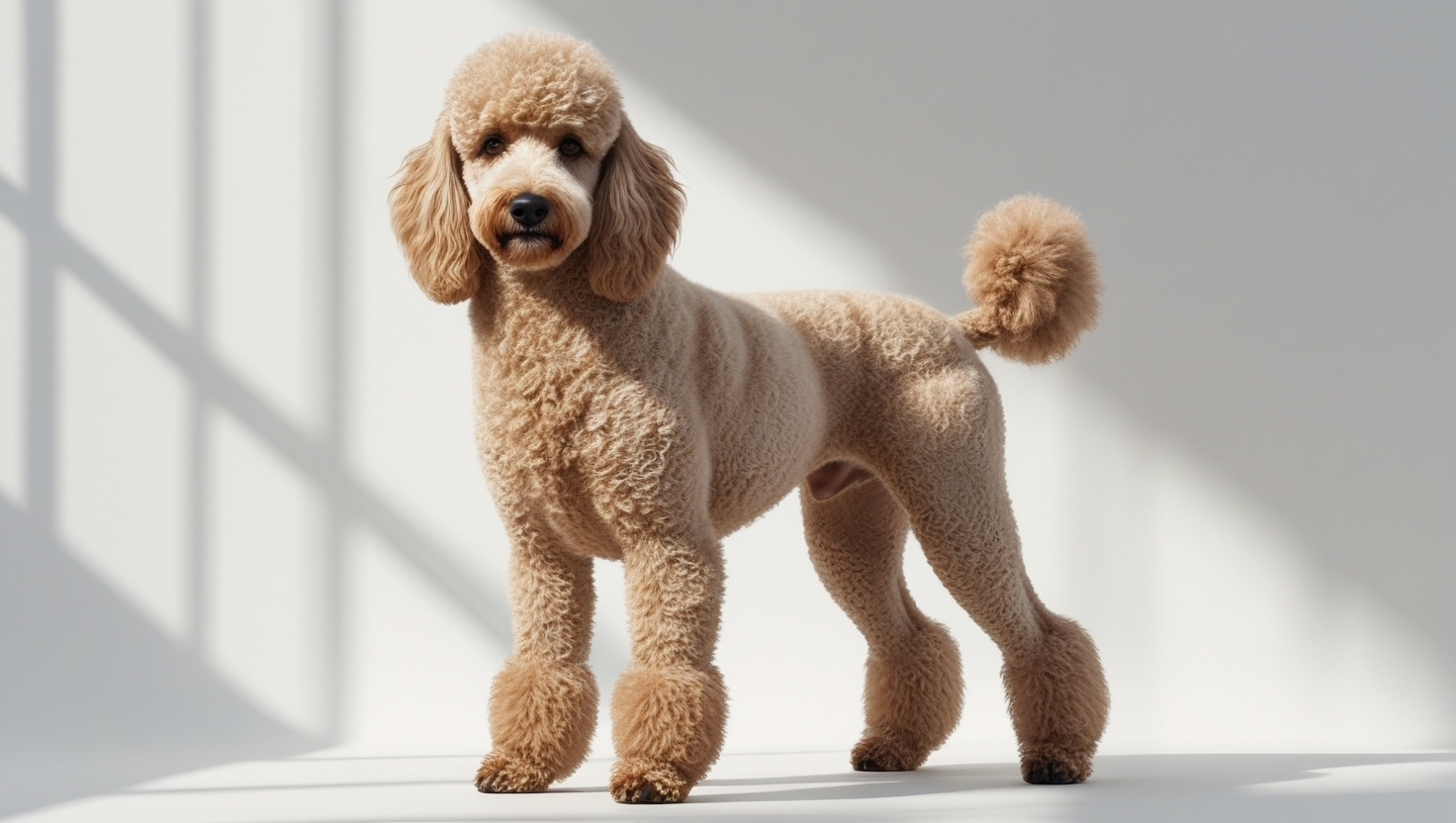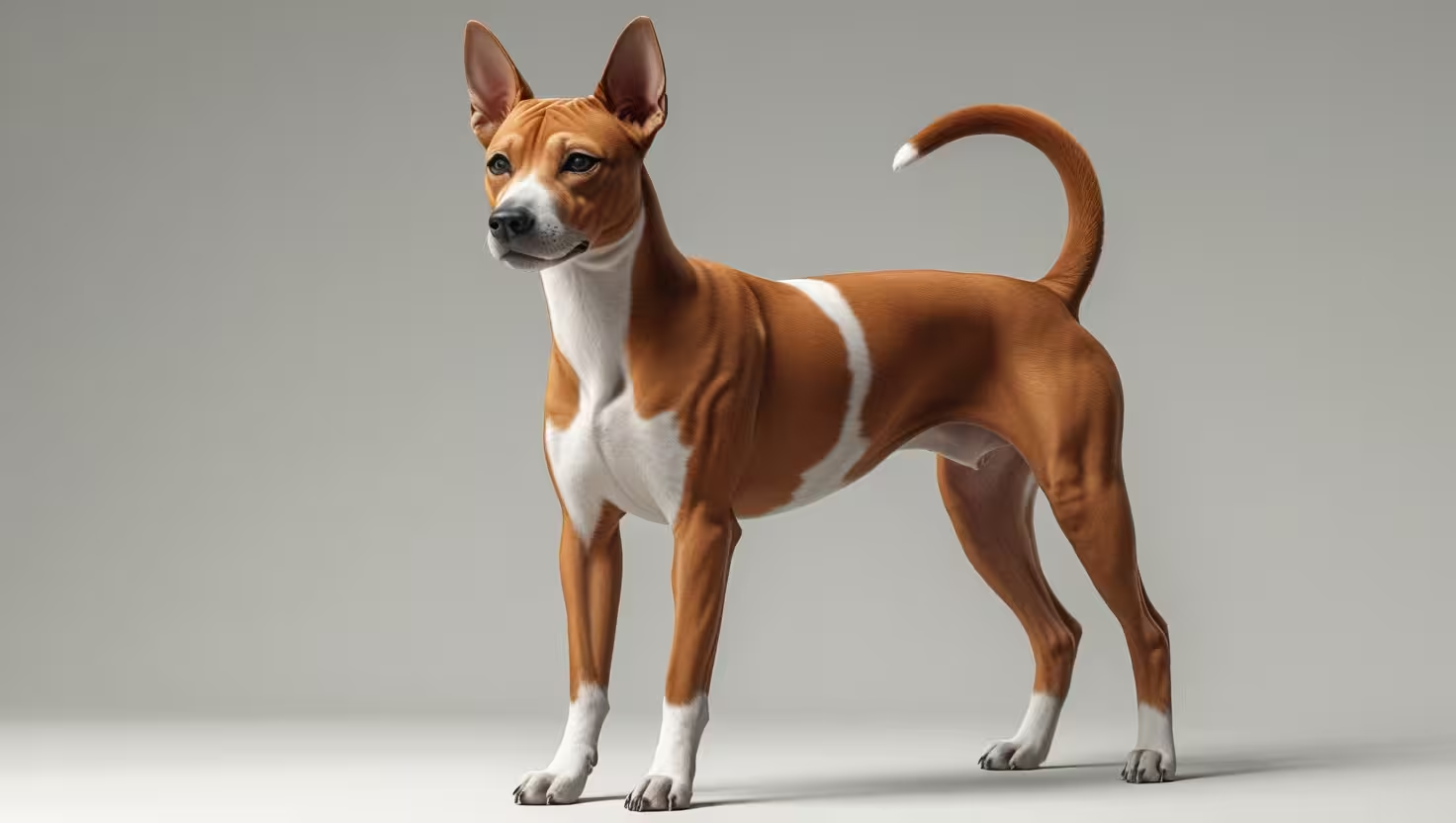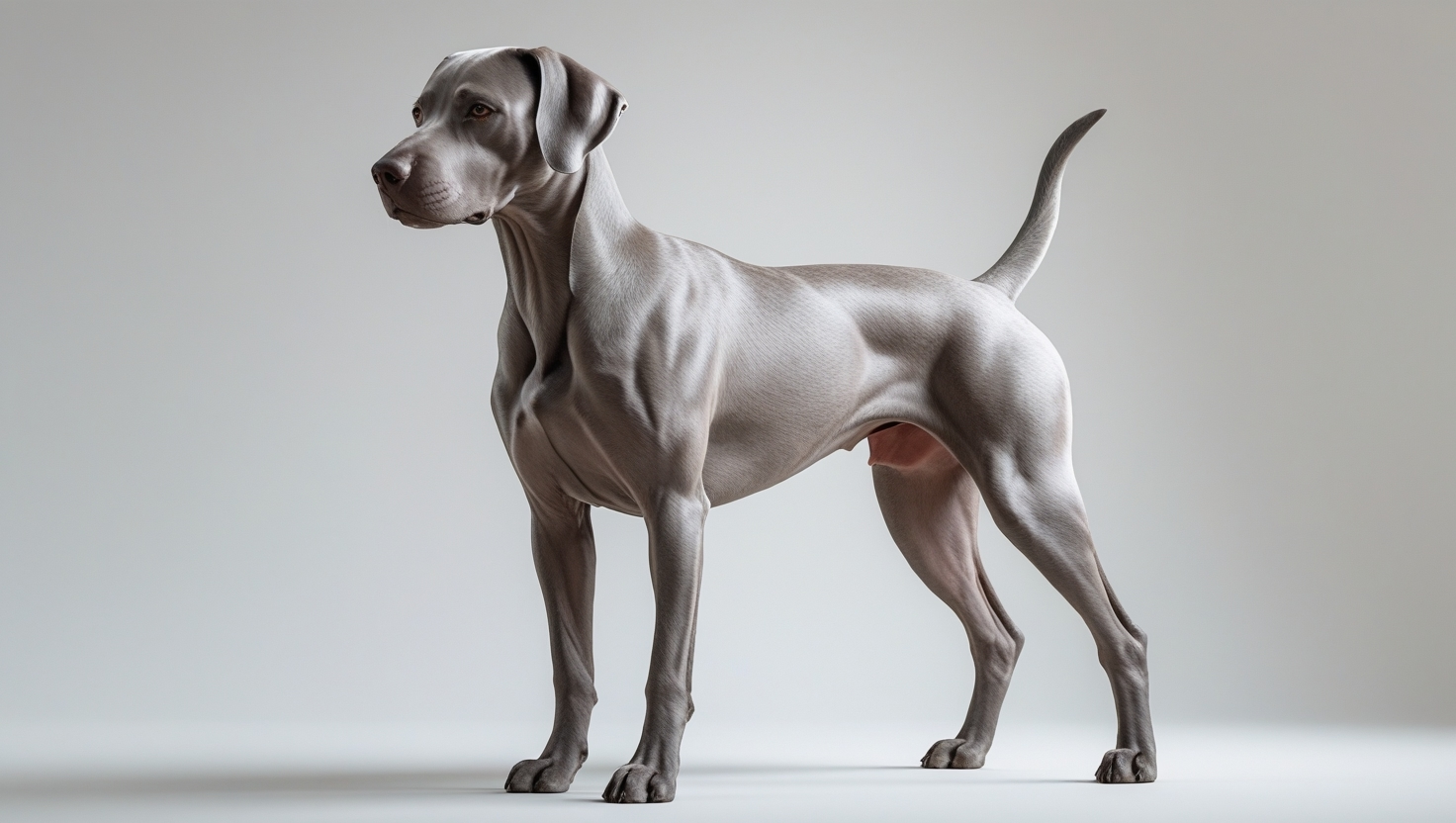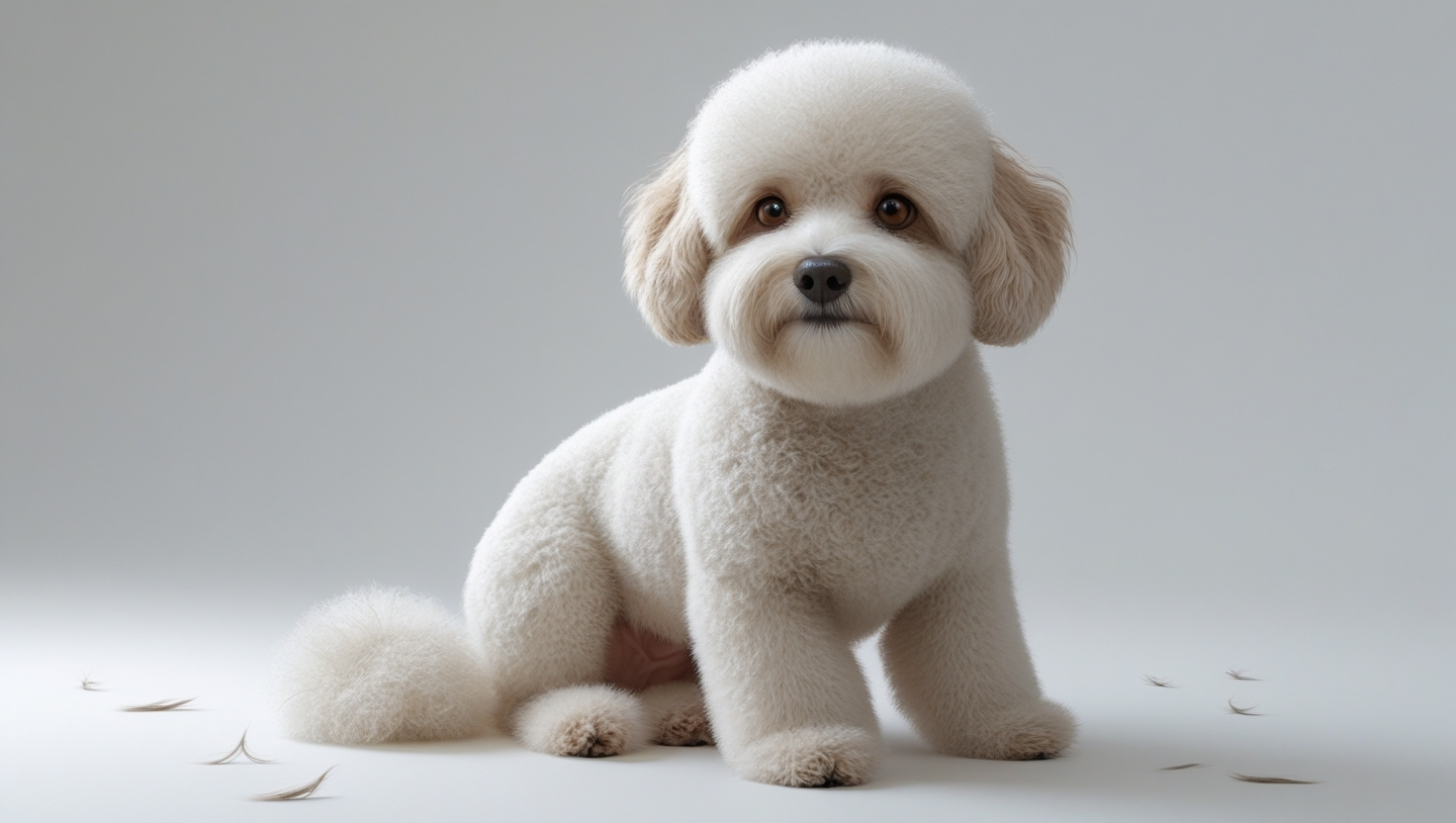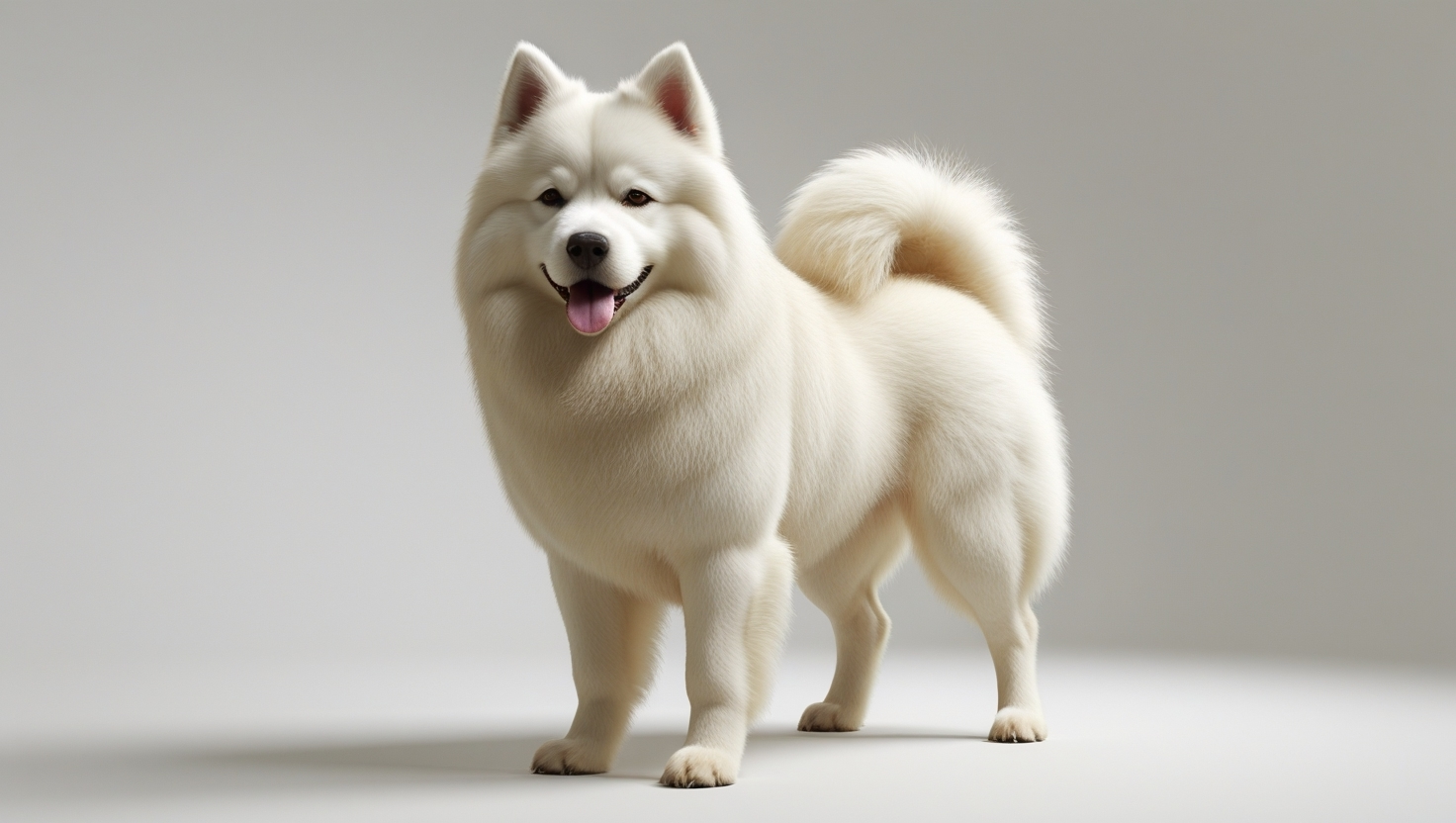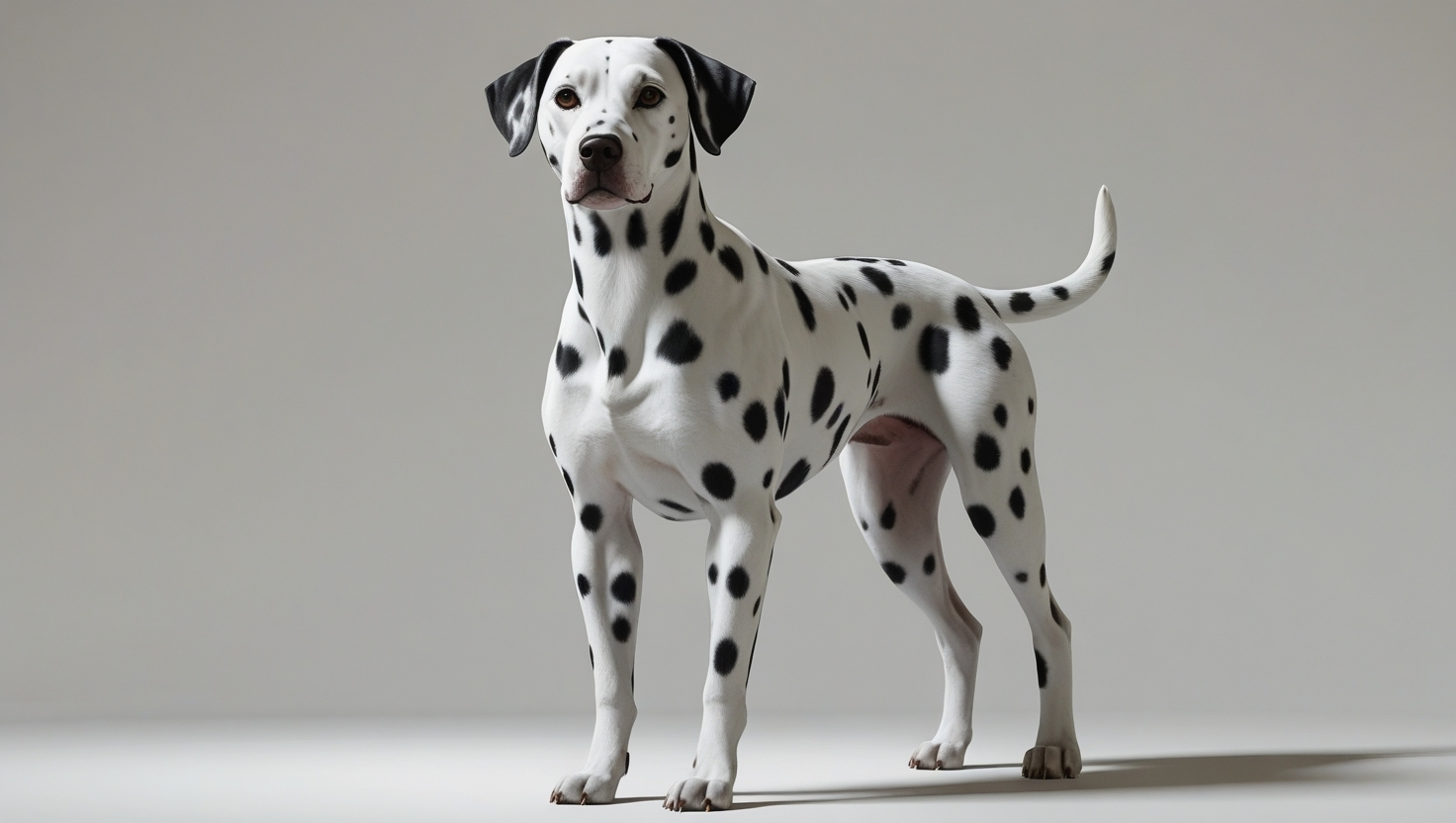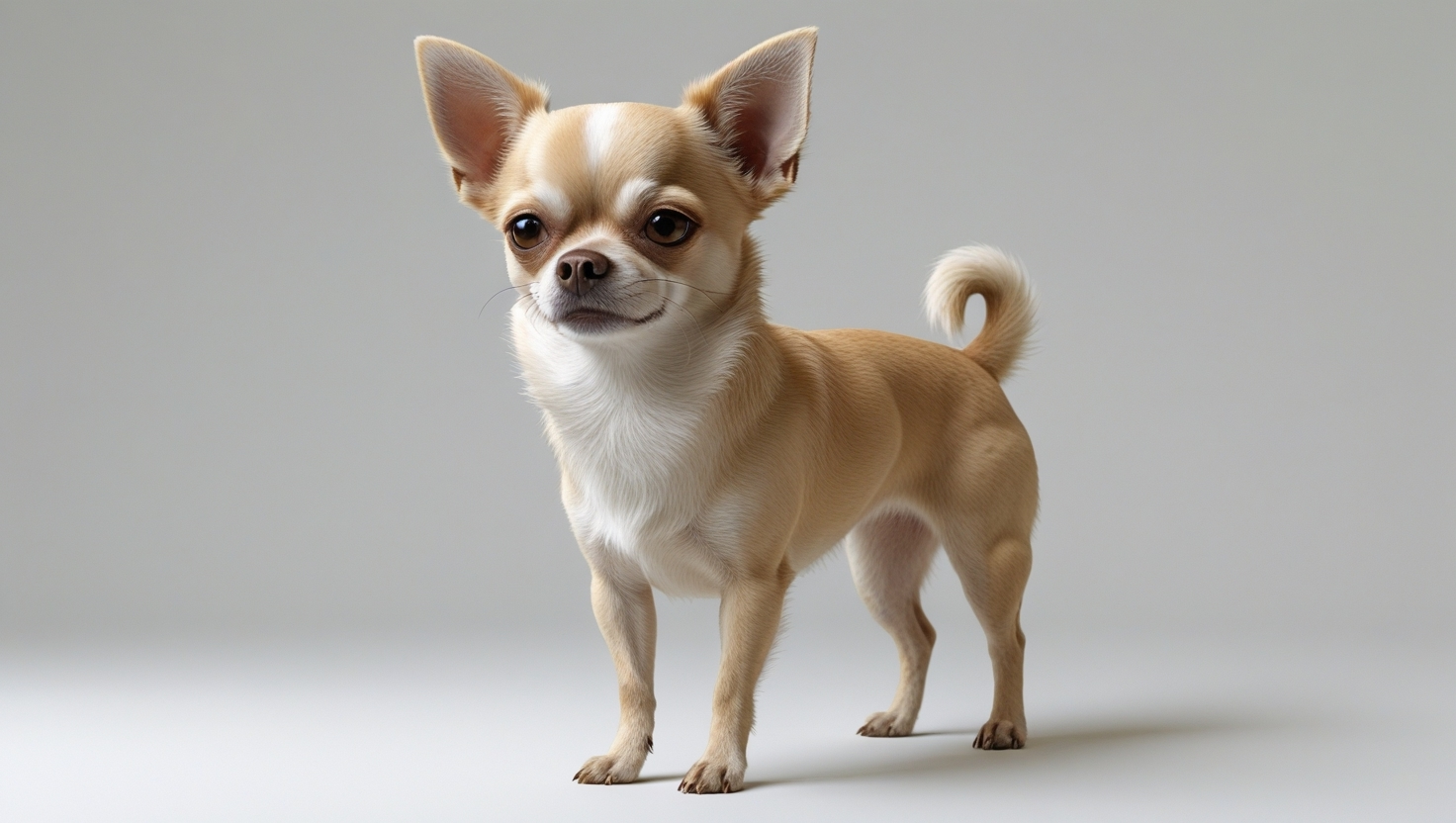The Poodle is a breed that wins over many people around the world. With its elegant appearance and sharp intelligence, it stands out among companion dogs. Additionally, it’s an excellent choice for different types of homes, adapting well to various environments and lifestyles.
With its curly coat and unique look, the Poodle is also known for its energy and charming personality. It learns quickly, making it a great companion for those looking for a loyal and interactive dog.
If you’re curious to learn more about this breed and how it can fit into your routine, keep reading. We’ll tell you everything you need to know to take care of a Poodle and make the most of having one!

